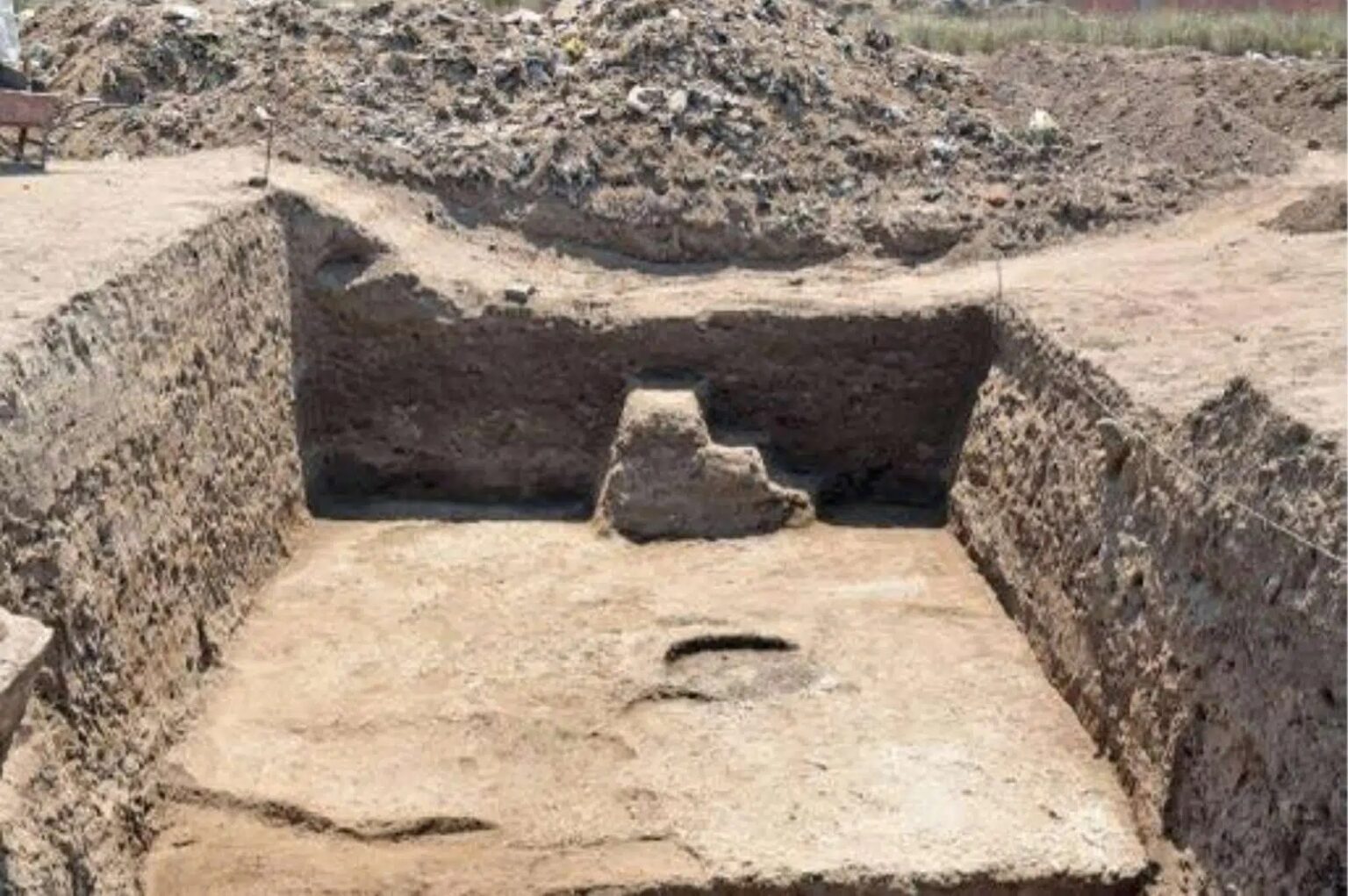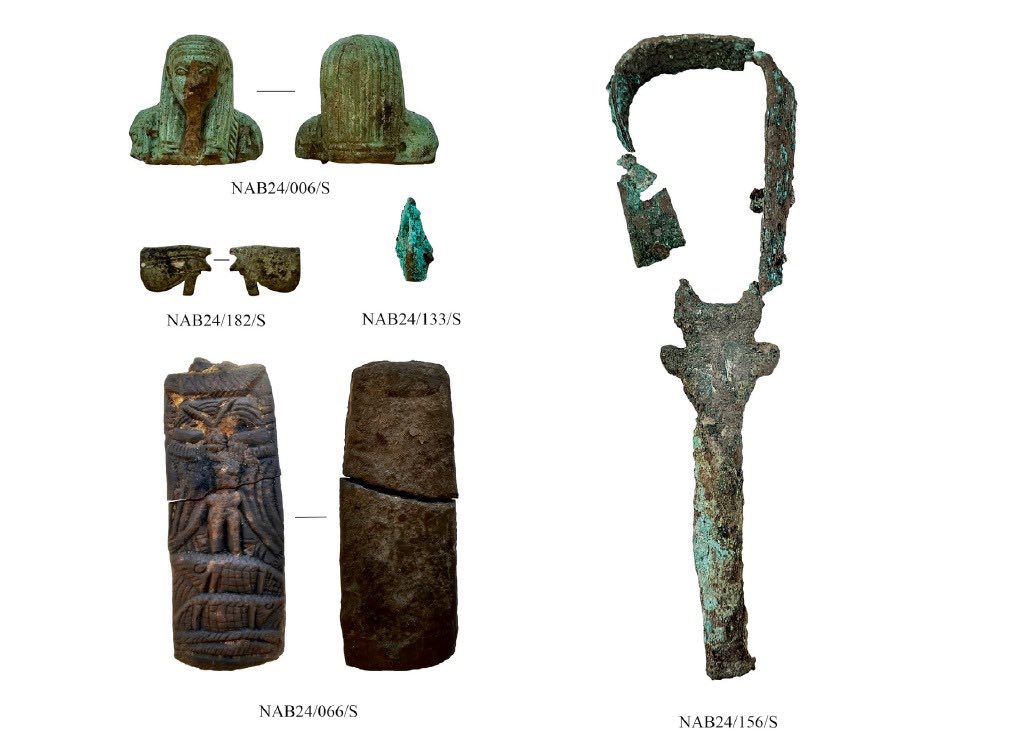Long-Lost Nile City Unearthed Beneath Egypt By Declan Gallagher Men's Journal Updated
July 4, 2025 8:46 AM
Scientists working in the eastern Nile Delta discovered an entire city beneath a mound at Tell el-Fara'in (Mound of the Pharaohs). Known as Imet, the lost city contained multi-floor homes, ceremonial areas, granaries, and assorted religious artifacts, all of which remain immaculately preserved. The preservation is especially notable as artifacts made of mudbrick-like the structures in Imet-tend to degrade when stored underground. The excavation was undertaken by Nicky Nielsen, a senior lecturer in Egyptology at the University of Manchester, in collaboration with Egypt's Ministry of Tourism and Antiquities and the University of Sadat City.
"Imet is emerging as a key site for rethinking the archaeology of Late Period Egypt," Nielsen said in a press release. "These tower houses are most commonly encountered in the Nile Delta during the Late Period and the Roman period, and are otherwise rare in Egypt," he continued of the discovery. "That they exist here indicates that Imet was a prosperous and densely constructed city with a sophisticated urban infrastructure."
God After identifying the site with satellite imaging, the researchers excavated a series of dense, multi-story homes as well as relatively advanced factories built to process grain. Also unearthed were animal enclosures, gesturing towards a rich and vibrant community. There was also a ceremonial "causeway," something of a highway which connected Imet to a large center of worship just outside the city. Further excavations are planned with the hope of discovering even more about the lost city's mysterious past.
"Imet is becoming a critical location for reimagining the archaeology of Late Period Egypt," Nielsen concluded.
https://www.sanluisobispo.com/living/article310001850.html#storylink=cpy
~ ~ ~
New Discoveries at the Egyptian City of Imet
News June 24, 2025

TELL AL-FARAUN, EGYPT—According to a Colombia One report, Egypt’s Ministry of Tourism and Antiquities announced that British archaeologists from the University of Manchester made a slew of new discoveries in the Nile’s eastern Delta. The team is working at the lost ancient city of Imet, which lies beneath the site of Tell al-Faraun, also known as Tell Nebesha, northeast of Cairo. Imet was an important residential center and a hub of trade and agriculture at the crossroads of key commercial routes. Excavations revealed tower-shaped, multilevel houses dating to the fourth century b.c. that were designed to accommodate large families or groups of workers. Archaeologists also uncovered parts of a temple dedicated to the cobra goddess Wadjet. Among the remarkable artifacts recovered were green faience ushabti figurines, a stone stela depicting the god Horus flanked by two crocodiles, and a bronze sistrum—a musical instrument associated with the goddess Hathor that was used during sacred rituals. To read about Egyptians' method for measuring the Nile's annual flood, go to "The Ancient Promise of Water: The Limits of the Nile."

Artifacts uncovered at Imet, including (clockwise from top left) a faience ushabti, a bronze sistrum, and a stone stela with an image of Horus
Egyptian Ministry of Tourism and Antiquities
https://archaeology.org/news/2025/06/24/new-discoveries-at-the-egyptian-city-of-imet/

